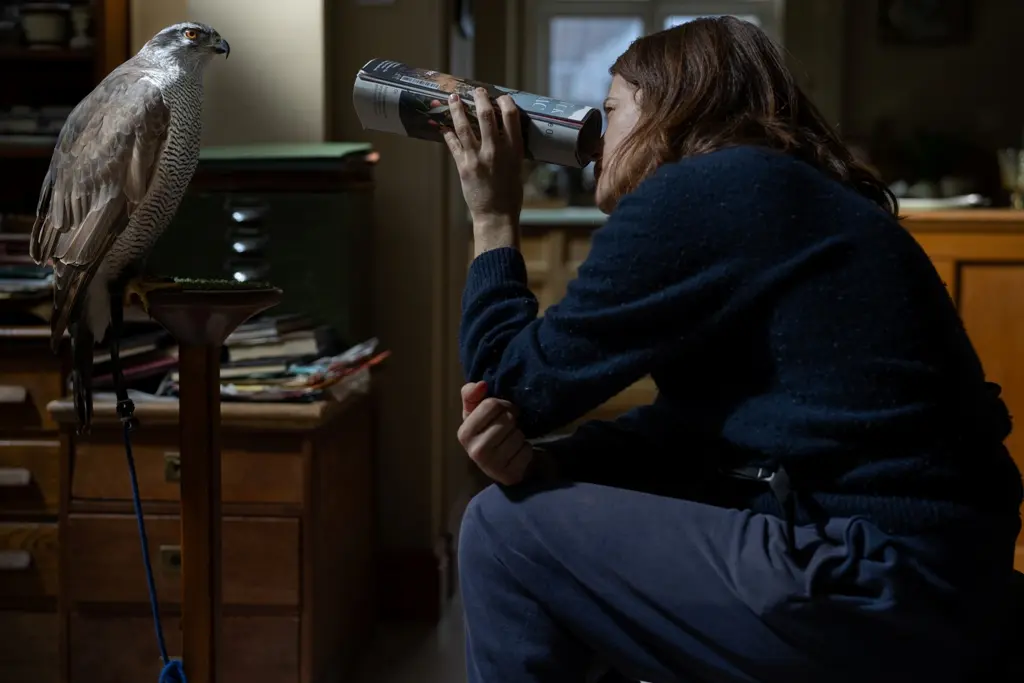NR | 1h 20min | Documentary, Technology, Nature | 09 June 2023 (USA/Mexico)
Back in April, I reviewed two documentaries (“Matter Out of Place” and “River”) for The Epoch Times. Each focused on ecology, climate change, and the supreme lack of urgency that we humans possess in doing anything to rectify these “sky is falling” issues. Both movies also featured next to no dialogue or narration and depended purely on visual imagery (some of it admittedly spectacular) to make their points.





